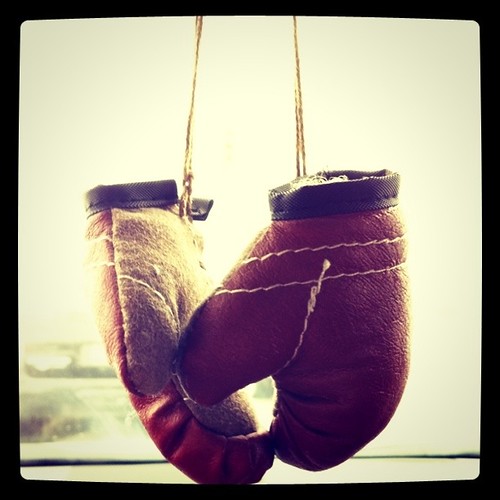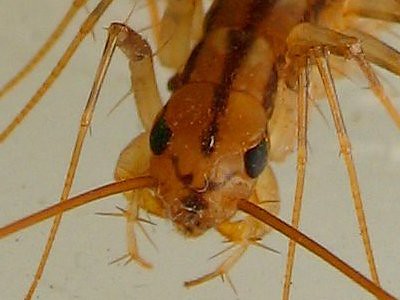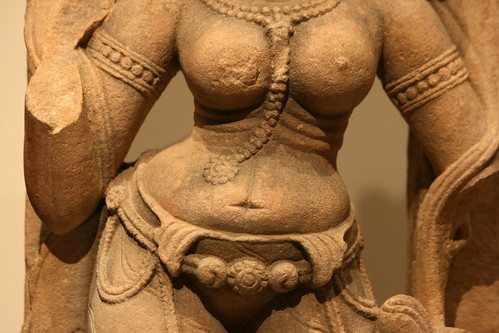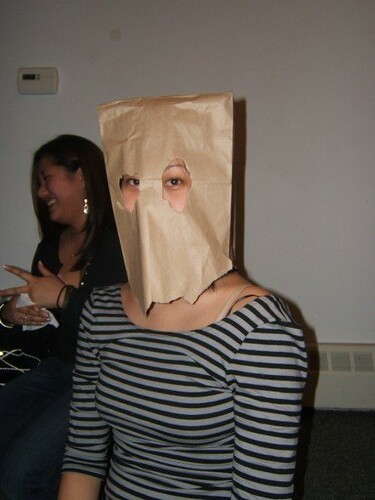As I wrote about recently, dealing with grammar is difficult for me as a developmental writing instructor. Most of my students have a negative association with grammar rules that have been used to mark them as "unprepared."
You probably don't think of comma splices and verb tenses as emotional topics, but for many of my students, they are.
To deal with this, I started by putting all the grammar baggage on the table, and we had some good discussions. Eventually, though, we were left with the work of actually learning grammar rules.
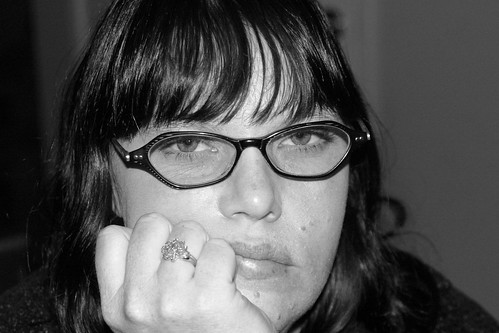 |
| Cue the excitement. |
I devised a plan.
Plan 1: Grammar Quiz Show Success
The first thing I decided to do was create a Jeopardy-like quiz game. (There are a lot of PowerPoint templates available online). I had designed games like this for drills in the past, but I always ran into the same problems: 1) it's really hard to tell who buzzes in first and 2) quieter students tend to fade into the background.
I took to the internet to help solve my buzzer problem and stumbled across this message board. On it, a commenter named KateL suggested using white boards for teams to write their answers. I really liked this idea because it allowed all of the teams to score points on each question, it would prevent the problem of me not being able to hear buzzers, and it gave quieter participants a chance to be more active in the game.
The team that held up the white board first got control of the board, so there was an incentive to answer quickly, but even teams that took longer to get to the answer could score points. This also helped control the noise level in the room because the teams didn't want the others stealing their answers. I also offered the winning team bonus points toward their overall class score to give it a little weight.
I bought some white boards, designed my game, and went into the classroom. It went great! The students were actively engaged with every question. I could hear them in their small groups discussing independent clauses and comma splices. The teams were fairly evenly matched, even though two front runners came out pretty clearly. Still, the vibe in the room was competitive but fun. The students enjoyed themselves, and I really felt like they were learning the material.
Plan 1.2: Grammar Quiz Show Failure
Excited (maybe even a little smug) about my grammar success, I went into my other classroom the next week with the same plan . . . and it failed miserably.
The students immediately fell into bickering over who was "cheating." At one point, I thought that two people in different teams were going to get into an actual fight. The winning score was over a thousand points in the negative. A few of the teams basically stopped participating, and I could hear hurt feelings all over the room. At a couple of points, the students bemoaned that they "felt stupid," which is about the last thing I want to hear as a developmental teacher.
What Happened?
I went home and spent some time reflecting on what went wrong. The class where the game failed is a lower-level class, though both of the classes are developmental. The main difference that I could discern between the two teams was their confidence. The second group of students seemed fairly set in their belief that they were not good at grammar and would not be good at grammar. Finally, I noticed that a lot of the students were afraid to say anything because they didn't want to look "stupid" in front of the rest of their classmates.
This is when I realized just how emotional grammar is for many of my students. Even though we'd spent days talking about how there is no "proper" grammar and that we all adapt how we talk and write depending on our audiences, my students still steadfastly believed that they were being judged for the way they used grammar, even in a classroom full of other students who felt the same way.
There were two things I needed to do if I wanted to get past this: boost confidence and build community.
Plan 2: The Pop Quiz
Completely unannounced, I brought a pop quiz to the next class. They had all been given grammar guides over multiple categories (run-ons/comma splices, fragments, subject-verb agreement, and conjunctions) that they used during the Jeopardy game. I told them to take their guides out and ask me questions over any parts that were still confusing. We talked over a few questions. I asked if there was any more confusion. No one said anything.
Then I told them that I was going to hand out a quiz, and once I handed it out, I wasn't going to answer any more questions. I could see the panic set in immediately.
So I went on. The quiz would be counted as an in-class writing score (10 points), and they would all get that score as long as the quiz was complete. However, there were five sections on the quiz (one for each category and a combo). For each section where they answered every question right, they could get two bonus points, an opportunity to double their score. They visibly relaxed a little, but I still saw no signs of confidence.
I began handing out the quiz and announced this final stipulation. I wouldn't answer questions, but they could ask each other. They could work in small groups, one large group, or some combination of the two. I didn't care.
Finally, I told them that if more than half of the class got all the answers right in any one section, the whole class would get two more bonus points. They had the potential to get 30 points on this 10 point assignment.
The Results
The attitude in the room completely changed. There was still a sense of competition, but they saw each other as allies. They were suddenly encouraging others to share their opinions and reassuring one another that mistakes were okay but that they needed to hear everyone's ideas. I heard people who normally don't talk at all sharing their thoughts, and--even when they weren't 100% right--I heard them using the logic and reason that will eventually get them to the right answers.
I did this in two classes. In one of the classes, the students were so committed to getting the answers right that I had to make them stop when class ended. They spent a solid forty-five minutes talking solely about grammar. I didn't hear a single person get off topic, and I didn't see a single person playing on a cellphone.
I just graded the papers. No one got every question right, but there were several sections where most people only missed one answer, and there was at least one section in each class that earned them group bonus points.
The overall results were overwhelmingly better than the diagnostic test I gave them at the beginning of our grammar section. Before, they were making blind guesses. Now, I could see how they thought through their answers, even when they didn't get them right.
Taking the pressure off of the "quiz" by turning it into a bonus point opportunity let them relax. Turning their classmates into allies gave them a sense of community. Creating a point system that increased in value depending on how many of them got it right turned them into cheerleaders. Instead of spending time worrying about how their classmates would perceive their own knowledge of grammar, they were focused on encouraging others so that they could get the most out of their resources. Once they started to see that other people thought like them, they gained confidence.
It's not perfect. There are still mistakes, and, when I try this again next semester, it will invariably have to change in some way, but I really saw a breakthrough in the way these students approached not only grammar rules, but their understanding of themselves as learners.
It was a good day.
Teacher friends, what strategies have you used to overcome a difficult learning atmosphere? What lessons have worked beautifully in one class and then fallen flat in another? How do you adapt to your students' needs?
Photo: scragz, truebluetitan

